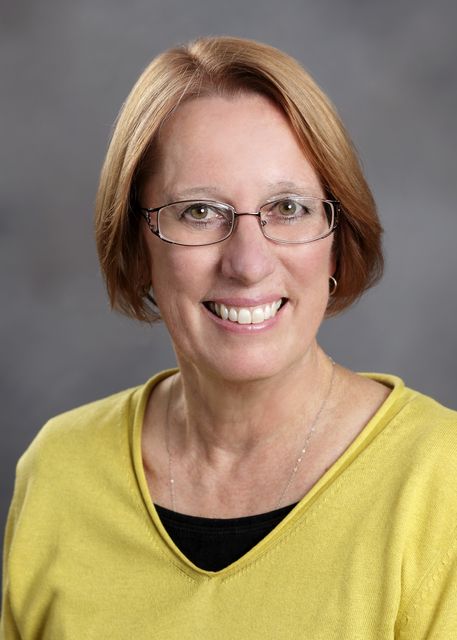Click here to subscribe today or Login.
DALLAS — A panel discussion on opioid abuse will be held Tuesday evening at Misericordia University, where an individual from the recovery community is scheduled to speak about his experiences.
The discussion will be part of the school’s addictions counseling program, which is in its third decade and is the only one of its kind in Luzerne County.
An estimated 26.4 million to 36 million people worldwide abuse opioids, according to the United Nations Office on Drugs and Crime. Opioid overdoses accounted for 63 percent of the accidental drug-overdose deaths in the United States in 2014, according to the U.S. Centers for Disease Control.
“When we think of addictions, we think of those who have substance-abuse disorders, but it’s much more than that. It affects families and communities,” said Susan McDonald, chair of Misericordia’s Department of Social Work, which the addictions counseling program falls under.
Students can take the program as a 16-credit minor or have the option, as professionals do, of taking the 16-credit online certificate program.
Courses in the program include pharmacology, ethics and substance-abuse treatment methods, among others, according to the program’s website at www.misericordia.edu/page.cfm?p=1923. Students also work with faculty members who have personal experience in the field.
One faculty member is Professor Darcy Brodmerkel, who has worked in the addictions field for 29 years.
Before starting at Misericordia in 1995, she worked in numerous treatment centers as a counselor and clinical director and had her own practice.
“I feel strongly about the need for this program,” Brodmerkel said. “No matter what degree students are seeking, they cannot get away from this topic. You will run into people whose life this touches.”
Brodmerkel said many students take courses from the program as an elective because the drug epidemic touches so many lives. She added that she usually can tell by the second week of the semester, based on students’ writings, who has been directly affected, and that number typically is about three-quarters of the class.
McDonald and Brodmerkel said the program is experiencing a paradigm shift in how addiction is being categorized.
“We’re hoping that if people begin looking at addiction as an illness, the stigma will fall away,” McDonald said.
Misericordia officials are trying to shift that perception by changing the names of courses and information provided within them. For instance, instead of a course on “alcoholism,” students take a course titled “chemical addictions dependency.”
For more information on the program, visit its website or contact Dr. Margaret Ann Rapp at 570-674-6260 or at [email protected].





